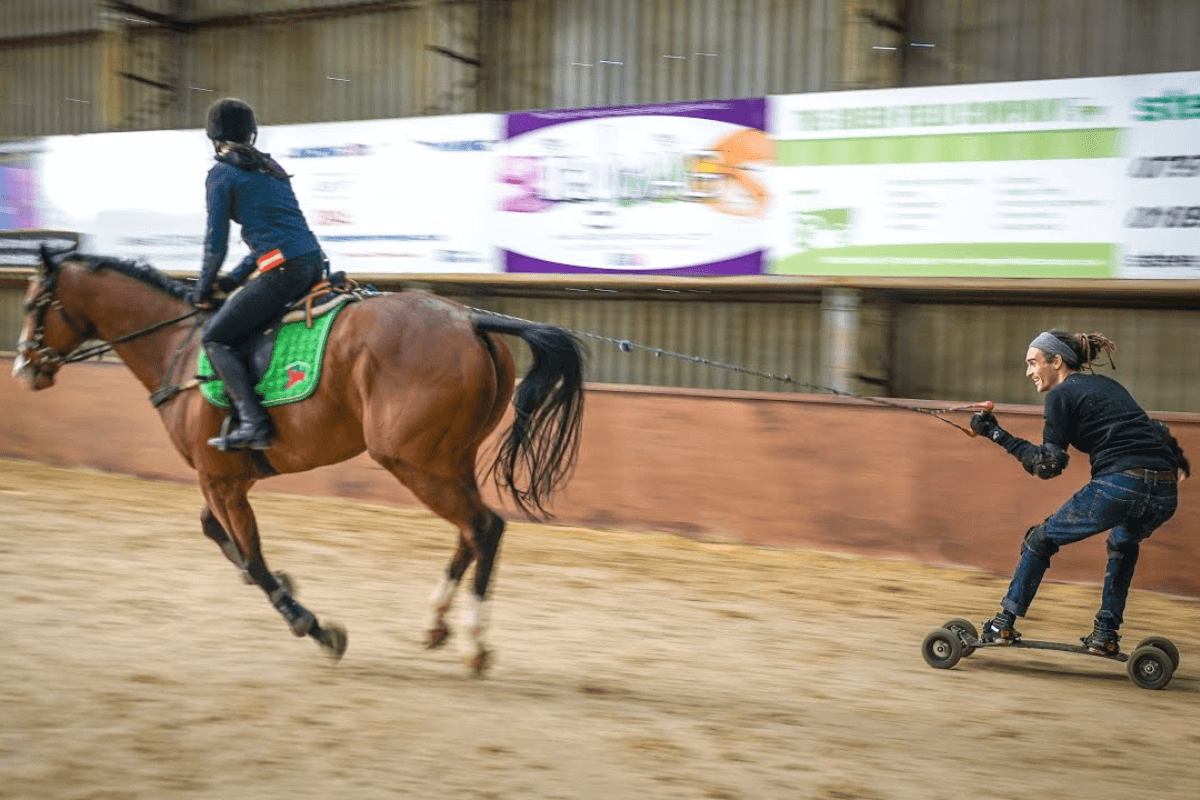Introduction
Horse boarding is a vital service for horse owners who may not have the space, time, or resources to keep their horses on their property. Choosing the right boarding option is critical for the health and happiness of your horse. This guide will explore various aspects of horse boarding, providing you with all the necessary information to make an informed decision.
Understanding Horse Boarding
What is Horse Boarding?
Horse boarding is the practice of housing horses at a facility that is not owned by the horse’s owner. These facilities, known as boarding stables or livery yards, offer different levels of service based on the needs of the horse and the owner.
Types of Horse Boarding Services
There are primarily three types of horse boarding services:
- Full-service boarding: This is the most comprehensive option, where the facility provides complete care including feeding, grooming, and exercising the horse.
- Partial (self-service) boarding: The owner is responsible for daily care, but the facility provides the stall and pasture.
- Pasture boarding: Horses are kept in a pasture with minimal shelter; this is a less expensive option suitable for horses that do not require daily human interaction.
Understanding the differences between these services is crucial for selecting the right type for your horse’s needs.
Choosing the Right Boarding Facility
Essential Factors to Consider When Selecting a Horse Boarding Facility
When choosing a facility, consider the following factors:
- Location: Proximity to your home or work for easy visits.
- Facilities: Quality of the stalls, availability of arenas, and condition of turnout areas.
- Care Standards: Regular maintenance routines and cleanliness of the environment.
Visiting a Potential Boarding Stable
During your visit, observe and inquire about:
- Daily routines: How often are horses fed and stalls cleaned?
- Safety measures: Check for secure fencing, stable floors, and fire safety protocols.
- Staff qualifications: Experience and knowledge of the staff handling the horses.
Costs and Contracts
Understanding the Costs of Horse Boarding
The cost of horse boarding can vary widely based on the type of service and the location of the facility. Here is a basic breakdown:
- Full-service boarding: $400 to $700 per month
- Partial boarding: $200 to $400 per month
- Pasture boarding: $100 to $200 per month
Navigating Boarding Agreements
A typical horse boarding contract should cover:
- Fees and payment terms
- Services provided
- Rules and regulations of the facility
- Liability and insurance clauses
Day-to-Day Horse Care in Boarding
Standard Care Practices at Boarding Facilities
Boarding facilities typically ensure that horses receive:
- Nutritional management: Balanced diets tailored to each horse’s needs.
- Exercise programs: Regular exercise schedules to maintain physical health.
- Social interactions: Opportunities for horses to interact with each other to ensure mental well-being.
Handling Medical Care and Emergencies
Facilities should have:
- Veterinary relationships: Established connections with local vets for regular care and emergencies.
- Emergency protocols: Clear, written procedures for dealing with emergencies, accessible to all staff.
Preparing Your Horse for Boarding
Essential Preparations Before Boarding Your Horse
Prepare your horse by ensuring:
- Health checks: Up-to-date vaccinations and a recent veterinary examination.
- Acclimation: Visit the facility with your horse several times to acclimate them to the new environment.
- Packing essentials: Bring familiar items like blankets and toys to make your horse feel at home.
Benefits and Challenges of Horse Boarding
Advantages of Professional Horse Boarding
- Professional care: Skilled caregivers who can monitor your horse’s health closely.
- Facilities: Access to well-maintained arenas and trails for training and exercise.
- Community: Being part of a community of horse enthusiasts and professionals.
Common Challenges and How to Overcome Them
- Adjustment period: Allow your horse time to adjust to new surroundings and companions.
- Communication: Maintain open lines of communication with the boarding staff to ensure your horse’s needs are met.
Conclusion
Choosing the right horse boarding facility is crucial for your horse’s health and happiness. By considering the factors outlined in this guide, you can ensure a smooth and successful boarding experience.
FAQs on Horse Boarding
- What should I look for in a horse boarding facility? Look for a facility that prioritizes your horse’s safety, comfort, and well-being. This includes clean and well-maintained stables and turnout areas, nutritious feeding programs tailored to your horse’s needs, knowledgeable and attentive staff, regular exercise and socialization opportunities, access to veterinary care if needed, and good communication between you and the facility management.
- How often should I visit my boarded horse? Aim to visit your horse at least a few times a week if possible. Regular visits allow you to monitor their health, behavior, and overall condition. It also helps maintain a strong bond with your horse and gives you peace of mind knowing that they are well-cared for.
- Can I bring my horse’s regular feed to the boarding facility? Yes, you can bring your horse’s regular feed to the boarding facility. Providing familiar feed helps maintain dietary consistency and ensures your horse receives the nutrition they need. It’s important to communicate with the facility staff about your horse’s dietary requirements, any supplements they may need, and any specific feeding instructions. This collaboration ensures your horse’s dietary needs are met while they are boarded.

